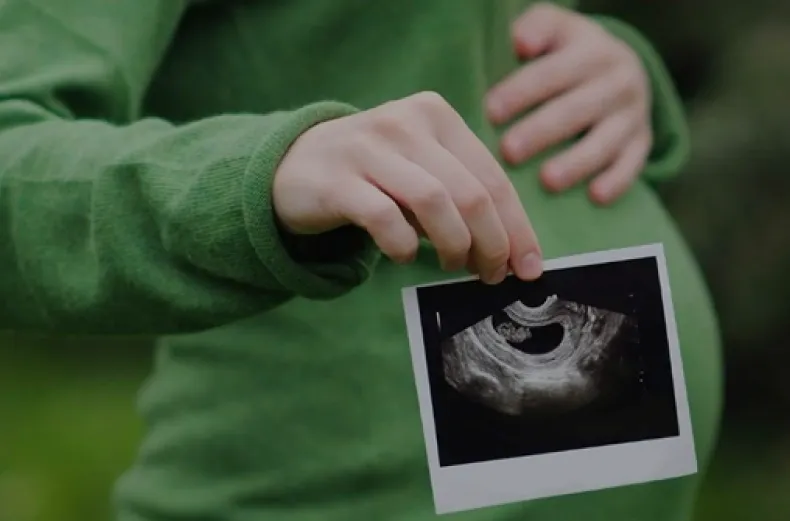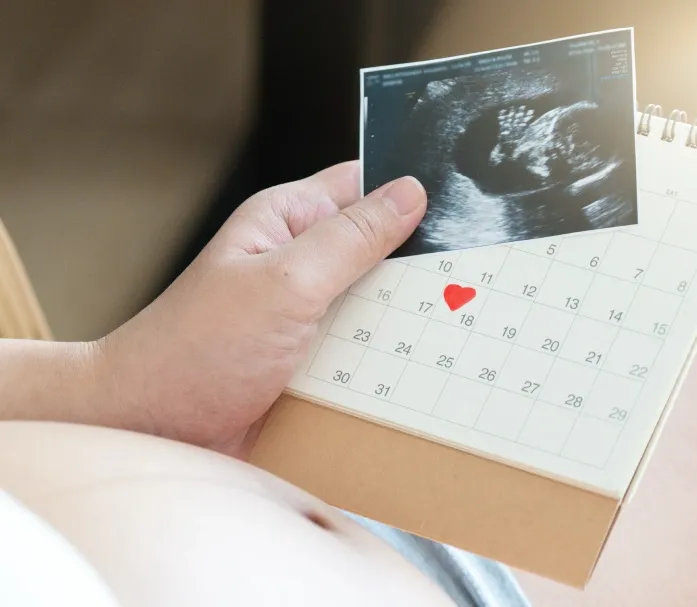Obstetrical Services
As a female obstetrician in Singapore and a mother of two, Dr Regina deeply understands the needs of pregnant and postnatal women, and is committed to providing patients with personalized and high quality obstetrics care.

Prenatal, Intrapartum & Postnatal Care
Prenatal Care
This refers to the care recommended for women during the duration of their pregnancy. It includes regular check-ups, screening tests, and lifestyle and dietary advice to ensure the health and well-being of both mother and baby.
Intrapartum Care
This refers to the care provided during labour and delivery. The goal is to ensure a safe delivery for both mother and baby as far as possible. This involves close monitoring and assistance by a team of doctors and nurses trained in labour and delivery.
Postnatal Care
This refers to the care provided for the new mother and her newborn baby immediately after the birth and up to six weeks. During this time, women and newborns receive regular check-ups to ensure that they are recovering and developing well, respectively.
Dr Regina Zuzarte-Ng
As a mother of two, she understands intimately the needs of her pregnant patients and strives to provide personalised and effective care to them while safely advocating for their needs. Dr Regina has received numerous service excellence awards – a testament to the quality of care that she provides.



FAQs on Obstetrics
When should I start seeing an obstetrician?
Ideally, you should start seeing an obstetrician as soon as you think you are pregnant. Regular check-ins with your obstetrician throughout your pregnancy can allow him or her to monitor your health and your baby's development closely.
What are common prenatal tests that I have to take?
This depends on the stage of your pregnancy, among other factors. Some prenatal tests that one may undergo include:
- Viability Ultrasound
- Blood Tests
- Dating Ultrasound
- Non-invasive Prenatal Testing (NIPT)
- One-stop Clinic for Assessment of Risk for Foetal Abnormalities (OSCAR)
- Foetal Anomaly Scan
- Oral Glucose Tolerance Test
- Amniocentesis
- Regular & Doppler Ultrasound
- Cardiotocograph
What is considered a high-risk pregnancy?
A high-risk pregnancy is one in which the mother, the baby, or both are at an increased risk of health problems. Contributing factors include advanced maternal age, unhealthy lifestyle habits (e.g. smoking), and multiple pregnancies (twins or triplets).
Pre-existing medical conditions (e.g. high blood pressure, diabetes) and complications in previous pregnancies may also place the pregnancy at a higher risk.
What are some obstetric emergencies to be aware of?
Though distressing, rest assured that your obstetrician and the rest of the team are well-trained and well-equipped to manage emergency cases. Some scenarios include:
- Ectopic Pregnancy: This occurs when a fertilised egg implants outside of the uterus, usually in one of the fallopian tubes. This must be promptly treated (with the removal of the pregnancy).
- Preeclampsia: This complication of pregnancy is characterised by high blood pressure and possible damage to other organs (e.g. kidney). In most cases, early delivery is recommended.
- Preterm Labour: This is when labour starts before the 37th week of pregnancy, which may pose risks to the developing baby – especially if it is still moderately or very premature.
- Postpartum Haemorrhage: This refers to excessive bleeding following the birth of the baby. Care will be given to stem the bleed and replace lost blood and fluids as quickly as possible.
- Foetal Distress: This occurs when the baby does not receive enough oxygen. The interventions needed will depend on the specific situation. Sometimes, this may warrant an emergency caesarean.








